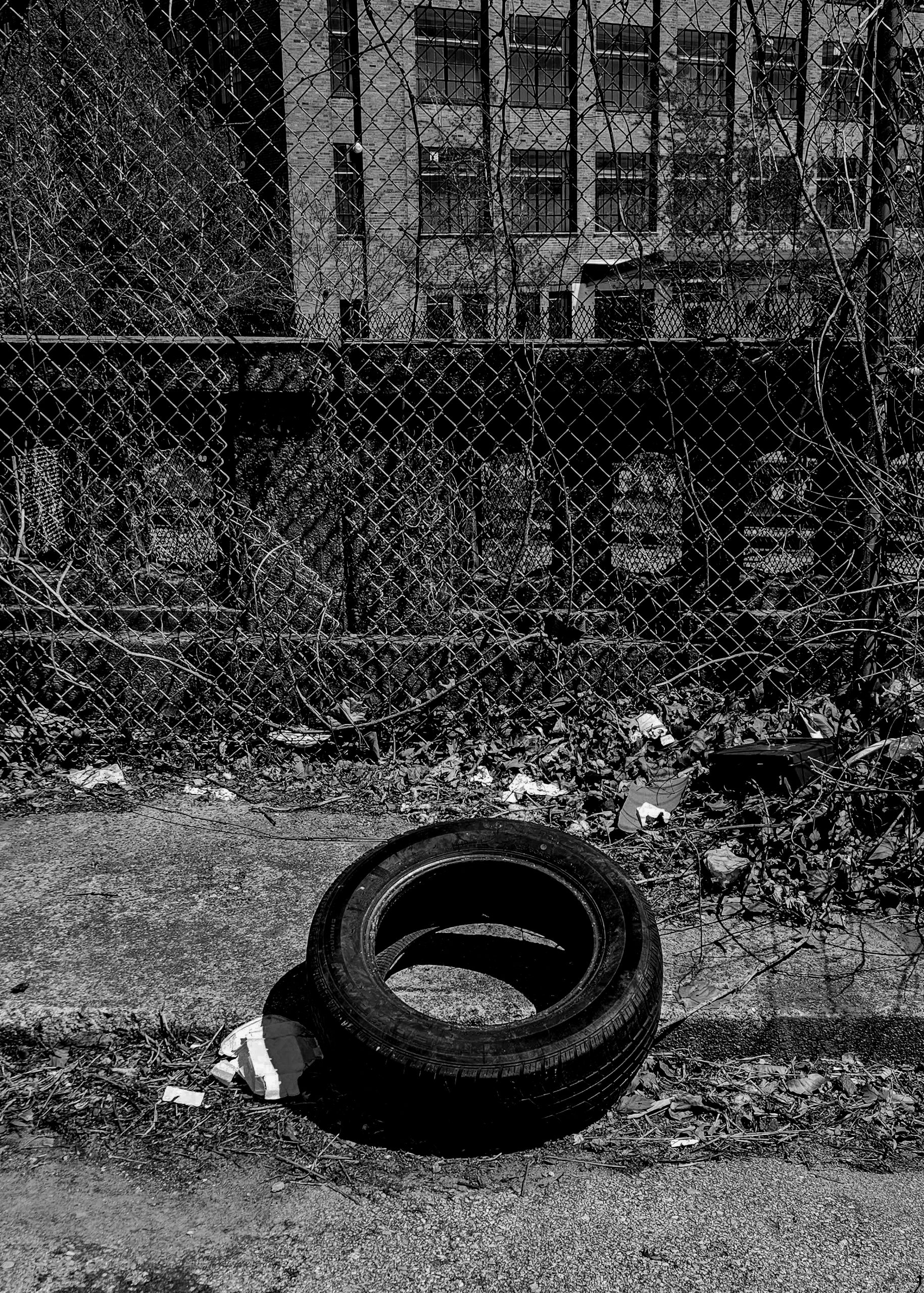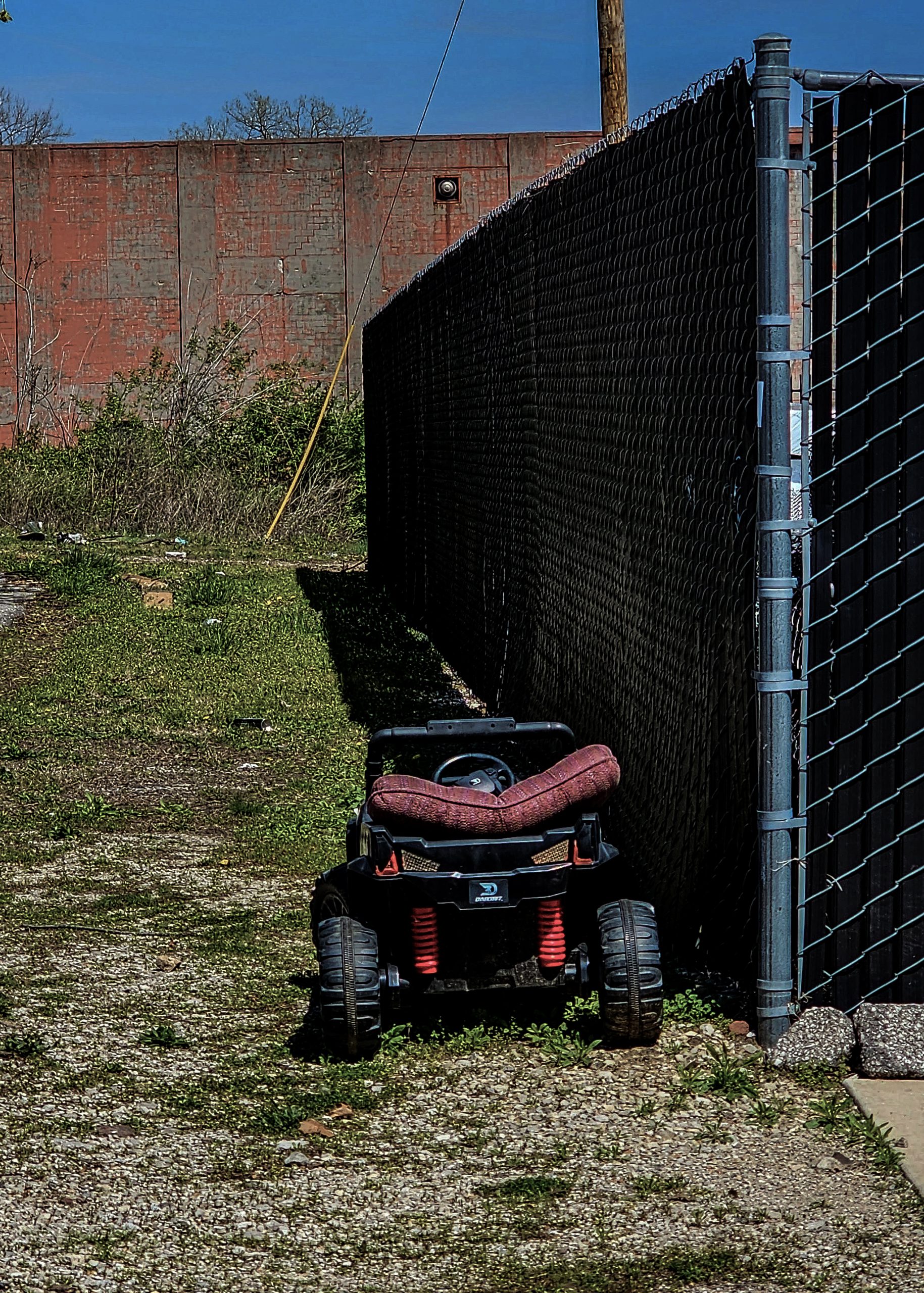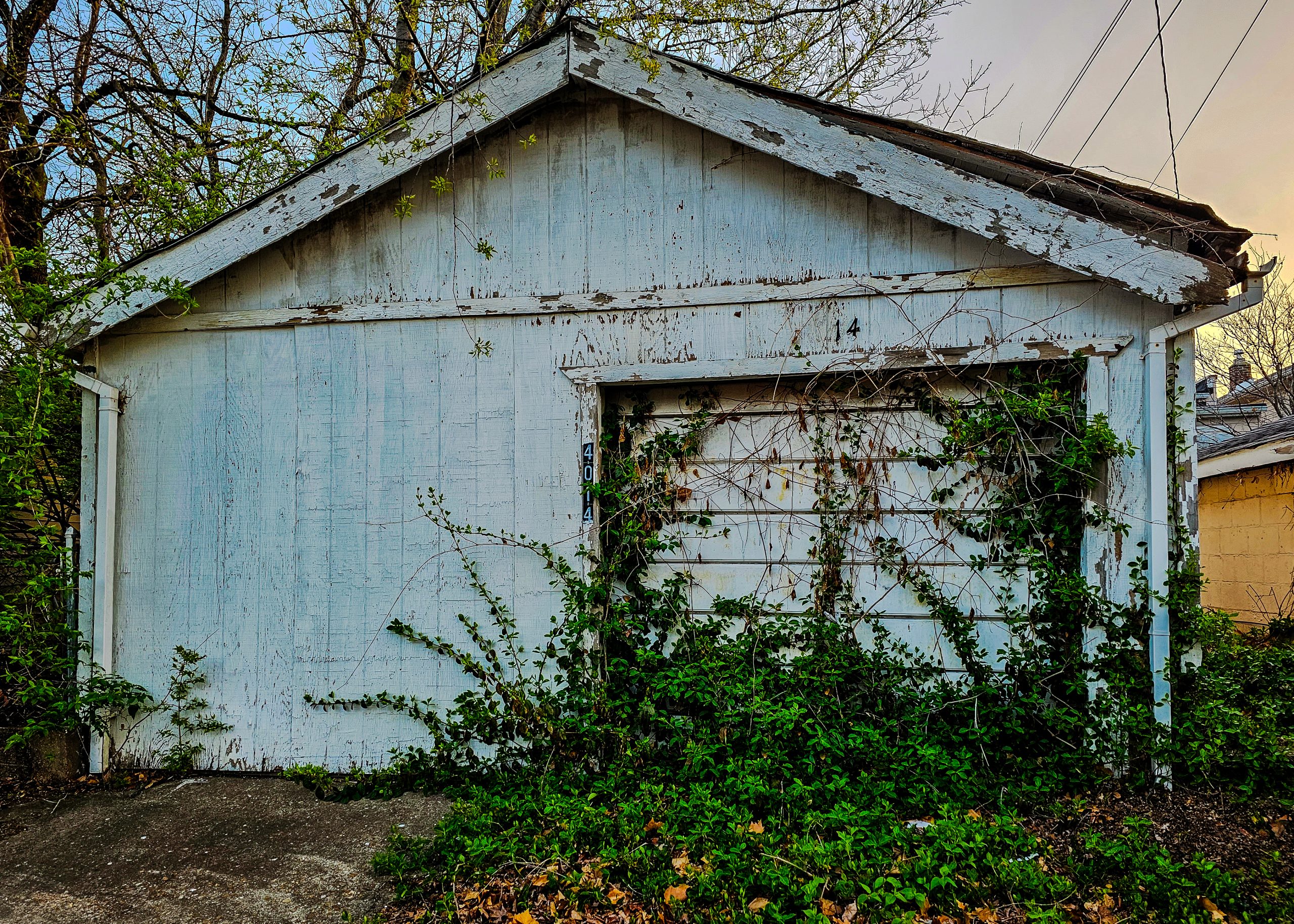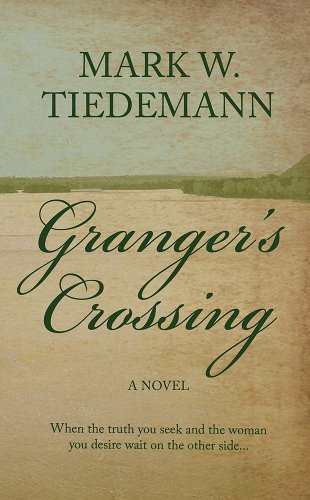A year plus since retirement. October, 2021, I left the regular work-world. It was a harder decision than anyone knew, even me. I’d certainly given myself enough advanced notice, letting my employer know eight or so months in advance. Plenty of time to train replacements, let people get used to the idea. Even me.
Now it’s December of ’22 and I wonder at the time.
I’m sure most people have plans. Plans. “I’m going to do—.” Sure. And then reality swallows everything and what happens happens and maybe some of those plans survive. I’m looking around an office I had every intention of thoroughly cleaning, rearranging, and updating. Well, the piles are in slightly different places, and some of them are different piles than before, but in the main it doesn’t look like I’ve done a thing.
The same goes for the rest of the basement. Attempts have been made, but frankly I need a month in which nothing else makes demands on my attention.
I have, however, managed to clear some dust off my career (writing) and make some headway in getting it back on track. After my novel-writing period more or less crashed and burned, I finally decided to turn back to short fiction, and to my pleasant surprise things picked up. I’ve written and sold a score of new stories. And now I have a new novel coming out in the spring. (Not science fiction, which is a bit of a surprise, though very welcome. More about that later.) In recent weeks a few things have occurred to give me hope that matters will turn around even more. Allow me to leave that vague for the time being.
I include as an element of any advice I dispense to want-to-be writers that of paramount importance for a career is Persistence. Just showing up is inestimably vital. You cannot succeed if you quit. Persistence does not guarantee success, but surrender pretty much guarantees no success. I’m now of the opinion that this is a matter of playing in traffic. Put yourself out there, in the flow, and eventually something will hit you. Not the most coherent plan, but with few exceptions the one most of us are able to act on.
The thing I did not count on is the fading of desire. I remember the fire, the urgency, the firestorm of optimism, and the excitement at the creation of new work. The impatience with the molasses progress of execution. Why should it take so long to get these words down in the right order? Why did everything take so long…
And now, forty years after making the decision to pursue this thing, that burning eagerness has lessened. I’ve become a bit jaded and quite tired. Partly this is a kind of maturity that counsels me to use myself more efficiently, that the fire never added much to achievement. It still takes so much time to write something, to edit it, to shepherd it through the stages of getting it out into the world, and that now it seems to take the same amount of time as it did when in the grip of the fever. Calmer impulses marshal resources to better effect.Â
But more than that, I simply don’t suffer from disappointment and disillusion as much. Rejections still hurt, but not as much, and there’s a muffling kind of acceptance that seems therapeutic now. If it will happen, fine, I can only work the machine the best I know how and wait.
I wonder if this is not just the result of callouses grown thicker and that I’m missing out on something that I once felt to be so significant, possibly even the point.
Still, I’m working. I believe I’m writing better than ever, the work that goes out is better. My impatience is the only thing that seems lacking.
And then there is the rest of life…
I’ve begun reading philosophy again. Once upon a time, I was a casual admirer of Ludwig Wittgenstein. I appreciated some of his approaches to what was known as Logical Positivism, part of the Analytical School of modern philosophy. Primarily, it was his (quite arrogant) thesis that all of philosophy’s “problems” stemmed from misapprehension and misconstruals of language. That if we just figured out how to be absolutely clear, we would understand. Granted, he realized later how simplistic this claim was and embarked on a deeper analysis of language structures and their application to questions of the real.Â
I have believed for some time that science fiction is at base the most philosophical of literary endeavors, that the primary assumptions in most of it have no relevance outside an attempt at understanding the nature of reality in a unique way that emerges in the array of speculative presentations against which human struggle might be understood in evolutionary terms. In a way, the very idea of The Future has no actual meaning outside a philosophical framework. The best we can say is that something will follow the Now in which we exist. We call that the Future, but it has no material reality that we can examine. By the time there is something to examine, it is no longer The Future, and from our position Now we can only make assumptions about the Future because Now is the Future of a Past we can cite.
That is the exact sort of proposition that one would find in a good piece of science fiction. It is also the sort of thing that informs philosophical propositions.
It relates here, now, in this, because the day I retired I had a speculative framework of what my Future would be like. Ambitions, desires, expectations. (If you think about, life is a science fiction story.)
I haven’t attended to philosophy as such for some time now. It would be fun to get together a group (again) for regular discussions. The last several years have in so many ways challenged common agreements on causality, truth, and commonality itself, and it seems the only sane responses are either to yield to the impossibility of ordering the conceptions of the world (insanity) or work at better understanding in order to create conceptions that reduce the chaos. Ultimately we can only control our own reactions.Â
Some of this, for me, comes from having reached a strange place in relation to those past ambitions. I am in many ways more comfortable in my own skin than I have ever been, but at the same time I recognize the world around me as a place I do not know how I found. I’m reading older books, my indulgence in history has increased, and yet I still revel in the new voices I encounter, even while the names on the spines fail to spark the kind of thrill I once had regularly seeing a new work by an author with whom I was familiar. I can see clearly how nostalgia can become a trap, one we may not wish to escape. The familiar has such gravity, increasing year by year, distorting our path.
It’s Christmas weekend. The landscape is punctured by rabbit holes. The people you surround yourself with (and who are likewise surrounded by you) are the only guidons to keep you on the solid plane of vital connections. The deep structures of reality (of perceptions) are anchors to a world navigable to the betterment of the soul. The hypotheses of conspiracy wonks are less than the shadows on Socrates’ cave wall. (I will not call them conspiracy theories—that elevates them above their utility and lends credibility where none exists—but at best hypotheses, at worst con games designed to distract from actual living.) I am still with my partner of over 42 years. Snow fell yesterday. The sun is bright today. I’m listening to some very good music (late period Herb Alpert, if you care to know—he seems to have left behind the heavy reliance on “catchy” tunes and clever hooks that made him so popular in the 60s but he is still one of the cleanest horn players around) and I have the capacity to speculate on matters of moment. The trick is to identify what matters.
Wittgenstein, as I noted, asserted that we need find the clearest way to express ourselves in order to “solve” the problems of philosophy. I have no real quarrel with that idea—after all, I’m a writer, story aside my work consists of trying to find clearer ways to say things that might lead to truth—but I would only add that life does not have A Solution. Living is a process, an evolving set of realignments, relocations, and above all recognitions (re-cognitions). There is no single answer, only the ongoing encounter and construction of an imagination that renders chaos meaningful.
Starting on that path can be as simple a thing as cleaning up one’s office.Â





